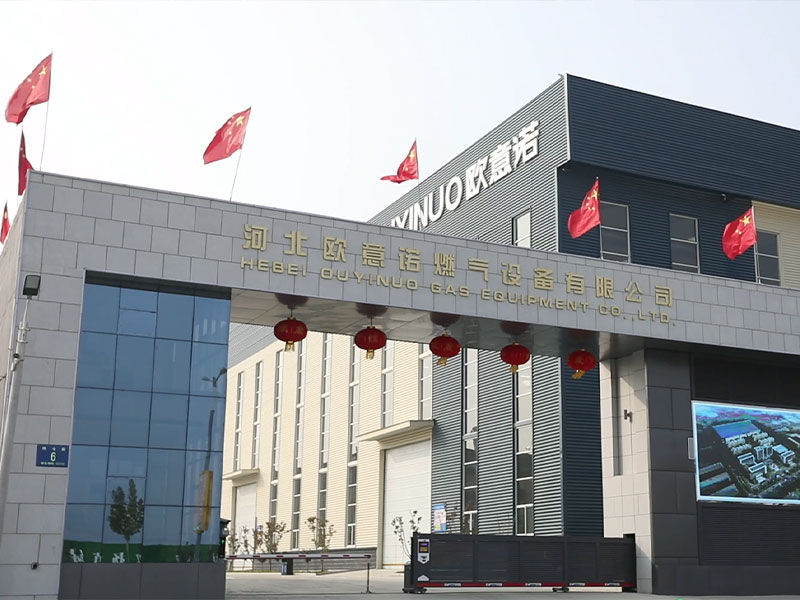
10 月 . 10, 2024 13:55
Back to list
precision voltage regulator
Understanding Precision Voltage Regulators A Comprehensive Overview
In the realm of electronics, voltage regulation plays a pivotal role in ensuring the stability and reliability of circuits. Among various types of voltage regulators, precision voltage regulators stand out due to their ability to provide highly accurate and stable output voltages, essential for sensitive applications where fluctuations can lead to erroneous results. This article aims to elaborate on the principles, characteristics, applications, and advancements of precision voltage regulators.
What is a Precision Voltage Regulator?
A precision voltage regulator is designed to deliver a stable output voltage with minimal variations, despite changes in input voltage or load conditions. The term precision refers to the regulator's ability to maintain output voltage within a tight tolerance, typically within ±1% or even tighter in high-performance applications. These regulators utilize advanced error correction circuitry and temperature compensation to achieve superior performance.
Key Characteristics
1. Low Dropout Voltage (LDO) Many precision voltage regulators are low-dropout types, which means they can maintain a stable output voltage even when the input voltage is very close to the desired output voltage. This feature is particularly useful in battery-powered devices, where maximizing battery life is crucial.
2. Temperature Stability Precision regulators are designed to perform consistently across a range of temperatures. They often incorporate temperature sensing and compensation mechanisms to minimize the effects of thermal drift on output voltage.
3. Load Regulation This characteristic indicates how well the output voltage remains stable when the load current varies. High precision voltage regulators exhibit excellent load regulation, ensuring that variations in load conditions do not significantly affect output voltage.
4. Line Regulation Similarly, line regulation measures how well the output voltage is maintained when the input voltage varies. Precision voltage regulators possess outstanding line regulation, allowing them to adapt to fluctuations in supply voltage effectively.
5. Noise Performance Low noise is critical for precision applications. High-quality voltage regulators minimize output noise, ensuring that sensitive components receive clean and stable power.
Applications of Precision Voltage Regulators
precision voltage regulator

Precision voltage regulators are indispensable in a multitude of applications, including
- Medical Devices In the medical field, precision voltage regulators provide the reliable power necessary for sensitive equipment, such as patient monitoring devices and diagnostic tools.
- Instrumentation Scientific and measurement instruments rely on precision voltage regulators to ensure accurate readings. A minor fluctuation in voltage can lead to significant discrepancies in data acquisition.
- Telecommunications In communication devices, maintaining signal integrity is paramount. Precision regulators help reduce noise and voltage fluctuations that could interfere with signal clarity.
- Consumer Electronics Many modern consumer electronics, including smartphones and laptops, utilize precision voltage regulators to enhance battery performance and extend device longevity.
- Automotive Applications With the increasing complexity of automotive electronics, precision voltage regulators help manage the diverse power needs of modern vehicles, ensuring stable operation under varying load conditions.
Advancements in Precision Voltage Regulators
Technological advancements have significantly improved the performance and efficiency of precision voltage regulators. The integration of digital control techniques has led to the development of smart regulators that can dynamically adjust their parameters based on real-time conditions, optimizing performance further.
Additionally, the advent of wide bandgap semiconductor materials, such as silicon carbide (SiC) and gallium nitride (GaN), has paved the way for high-efficiency precision voltage regulators capable of handling higher voltages and temperatures, making them suitable for even more demanding applications.
Conclusion
In conclusion, precision voltage regulators are critical components in modern electronic systems, providing accurate and stable voltage supply essential for a wide array of applications. Their distinctive characteristics, such as low dropout voltage, excellent load and line regulation, and low noise performance, make them indispensable in sensitive technologies. As advancements continue to evolve in this field, precision voltage regulators will undoubtedly play a vital role in the future of electronics, paving the way for even more innovative and reliable solutions.
Latest news
-
Unlocking The Quality Gas Pressure ReducersNewsNov.01,2024
-
The Role of Gas Pressure Reducing StationsNewsNov.01,2024
-
The Importance and Functionality of Safety Relief ValvesNewsNov.01,2024
-
The Essential Role of Safety Valves in Natural Gas ApplicationsNewsNov.01,2024
-
The Essential Role of Gas Pressure RegulatorsNewsNov.01,2024
-
Enhance Your Premium Gas FiltersNewsNov.01,2024

